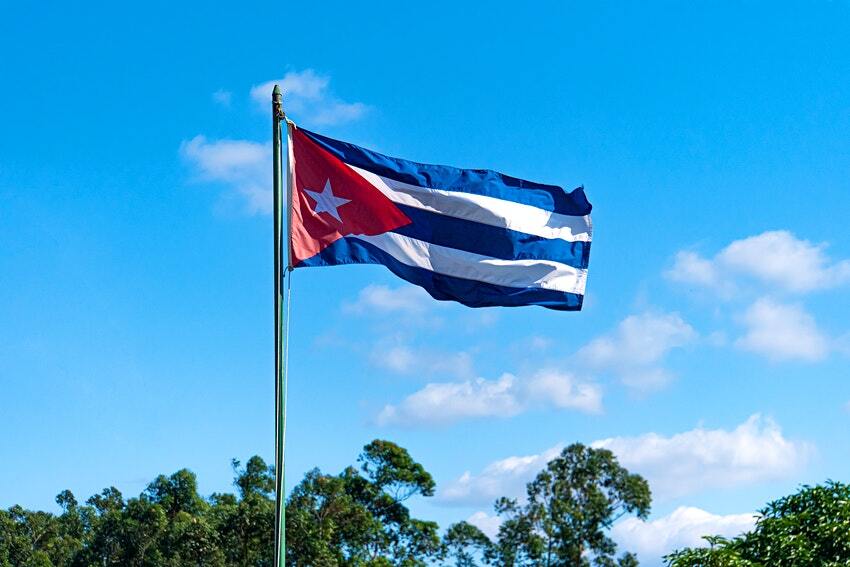Like parts of South Africa, recently the island nation of Cuba has been experiencing mass unrest. In this case, it is a response to economic struggles in the country and the government’s handling of the COVID-19 pandemic. This has resulted in goods shortages and power outages across the country. The Cuban government handles protest action with a stern hand (or fist, rather). Now it has restricted access to several social media platforms, possibly to disrupt communication between protestors and mobilisers.
Cuba’s crackdown
Protests had subsided substantially by Sunday evening, reports Reuters, but flared up again later on into Monday in La Guinera, Havana, spurred by the death of one man and the hospitalisation of several other people.
People took to the streets to express their dissent once again, calling for the downfall of the communist government, and even began throwing rocks at security forces.
NetBlocks, an internet-monitoring firm, says that several social media platforms, including Facebook, Whatsapp and Telegram, were partially restricted in the wake of the protests on Monday and Tuesday this week. Furthermore, some parts of Havana lost access to mobile internet altogether.
Alp Toker, director of NetBlocks, told Reuters, “The pattern of restrictions observed in Cuba indicate an ongoing crackdown on messaging platforms used to organize and share news of protests in real-time. At the same time, some connectivity is preserved to maintain a semblance of normality.”
Many activists think of the internet and social media platforms as their most powerful weapon, used to organise and coordinate their protest activities as well as share news in real-time. They believe it’s quite clear that the government is trying to limit their reach online.
“Our weapon is the internet. If they take away the internet we are unarmed,” Gino Ocumares, a Havana resident, told Reuters. “The government does not want people to see the truth.”
It’s not unheard of for governments to restrict access to social media platforms for their citizens when they’re particularly unhappy with them. Just last month, the Nigerian government recently completely barred its citizens from accessing Twitter after the platform removed a tweet from the Nigerian president that violates its content moderation policies.




